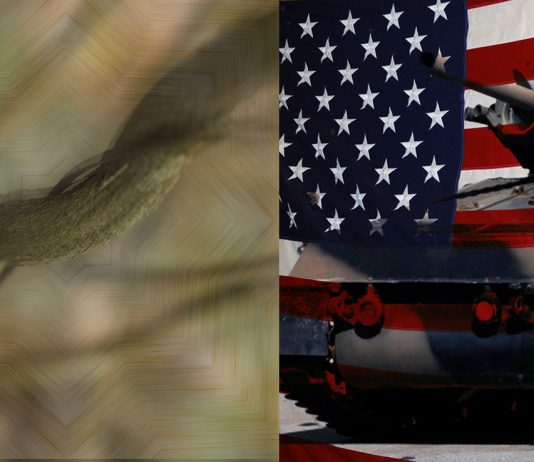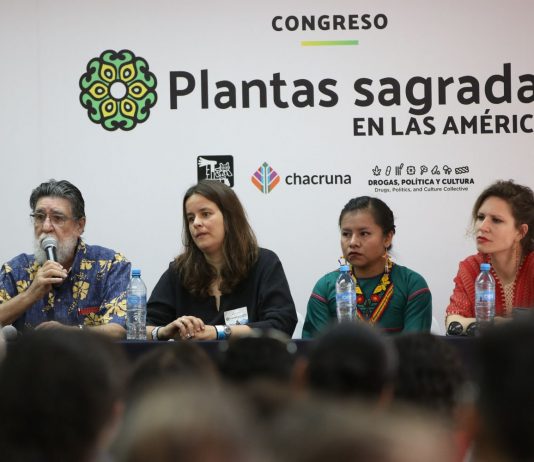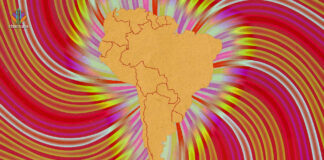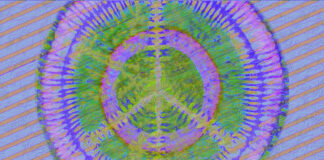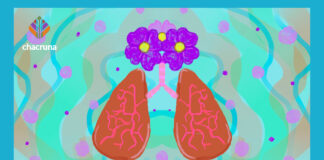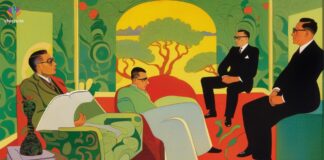Culture
- Conferences
- Culture
- Events Announcement
- In-Person Community Dialogues
- Inclusion & Diversity
- Indigenous Voices
- Integration
- Invited Panels
- Music
- News
- Newsletter
- Newsletters
- Past Courses
- Past Workshops
- Podcast
- Policy
- Power and Discrimination
- Press Release
- Queer
- Rapeh Circles
- Reciprocity Dialogues
- Research
- Science
- Sex & Power
- Spirituality
- Studies in Psychedelic Justice
- Virtual Community Forums
- Women
- Workshops
The history of transforming peyote into mescaline is a story of separating plants from people. It is a story of colonialism.
The first LSD experiments in South America in the 1950s were carried out similarly to those in the United States, assimilating into the European psychiatric tradition. Looking at the first publications in Chile, Brazil, Argentina, Perú, Venezuela, and Uruguay, that appeared between 1954 and 1959, Hernán Scholten and Gonzalo Salas argue that it is possible to detect some general features of LSD research at the time.
There are various hypotheses about the roots of the word “marijuana,” but it´s still uncertain what it really means, and when this name appeared...
How much of what we think we know about the effects of psychedelics originates from their actual effects, and how much is the product...
The mystical experience is likely one of the therapeutic mechanisms for psychedelics, including ayahuasca, to have therapeutic potential for drug addiction. This article explores the findings of a study in which there was a connection between ayahuasca use and smoking cessation.
Some proponents of psychedelics are excited about their medicinal uses, some are excited about their potential to change culture, but most seem to be...
In this article, anthropologist Alhena Caicedo analyzes how the moral imperative of celebrating cultural diversity and conserving nature in the Amazon have also become a tool for renewing certain stereotypes about indigenous peoples and updating colonial power relations and economic and political interventions. She argues that understanding what is said and done in the name of ayahuasca, indigenous people and Amazon conservation helps us recognize and render visible the political and economic implications of the current global phenomenon of ayahuasca expansion.
Jean-Paul Sartre’s famous bad trip took place in February 1935, but is it accurate to call it a bad trip when this language didn't exist yet? Gautier Dassonneville shows that Sartre's story fits into a distinct moment in French psycho-philosophy.
As far as the rest of the world is concerned, Huautla de Jimenez and the Sierra Mazateca were “discovered” in 1955, when the American...
While such drastic measures of social distancing are novel and challenging in our hyper-connected contemporary world, indigenous peoples have long used the strategy of...






